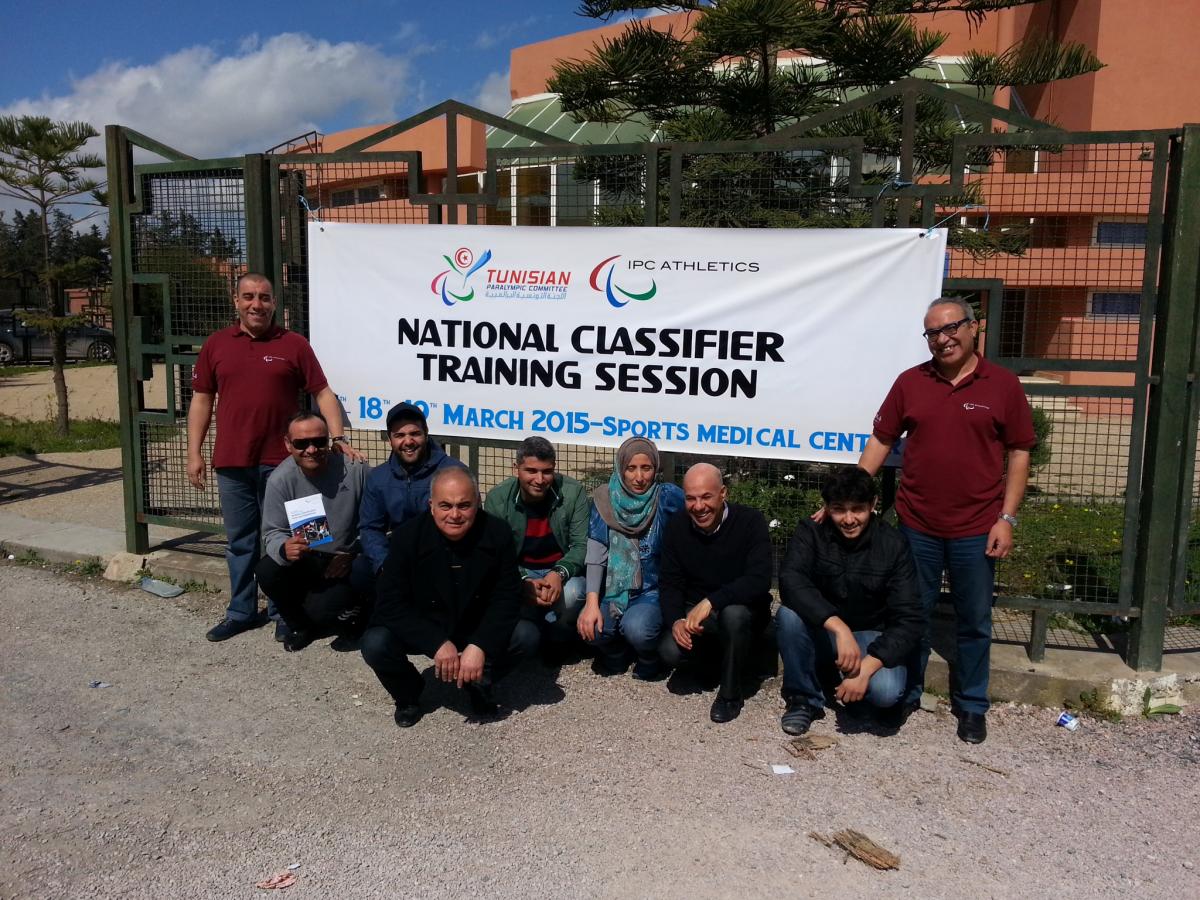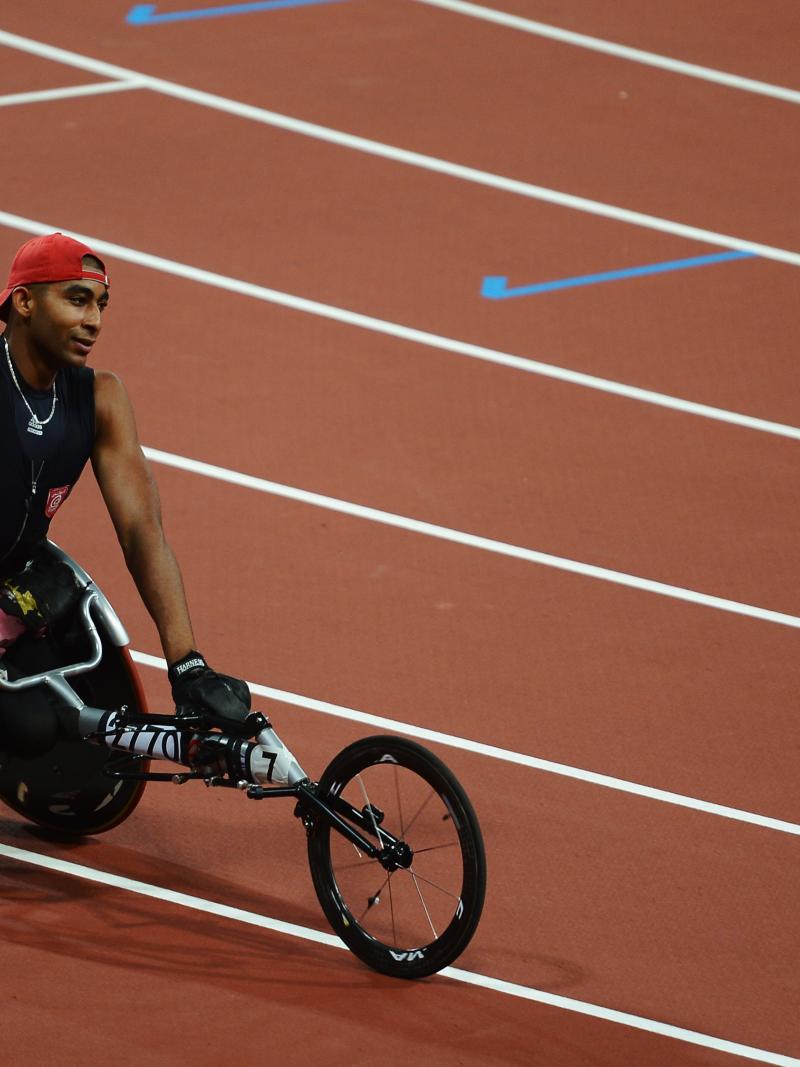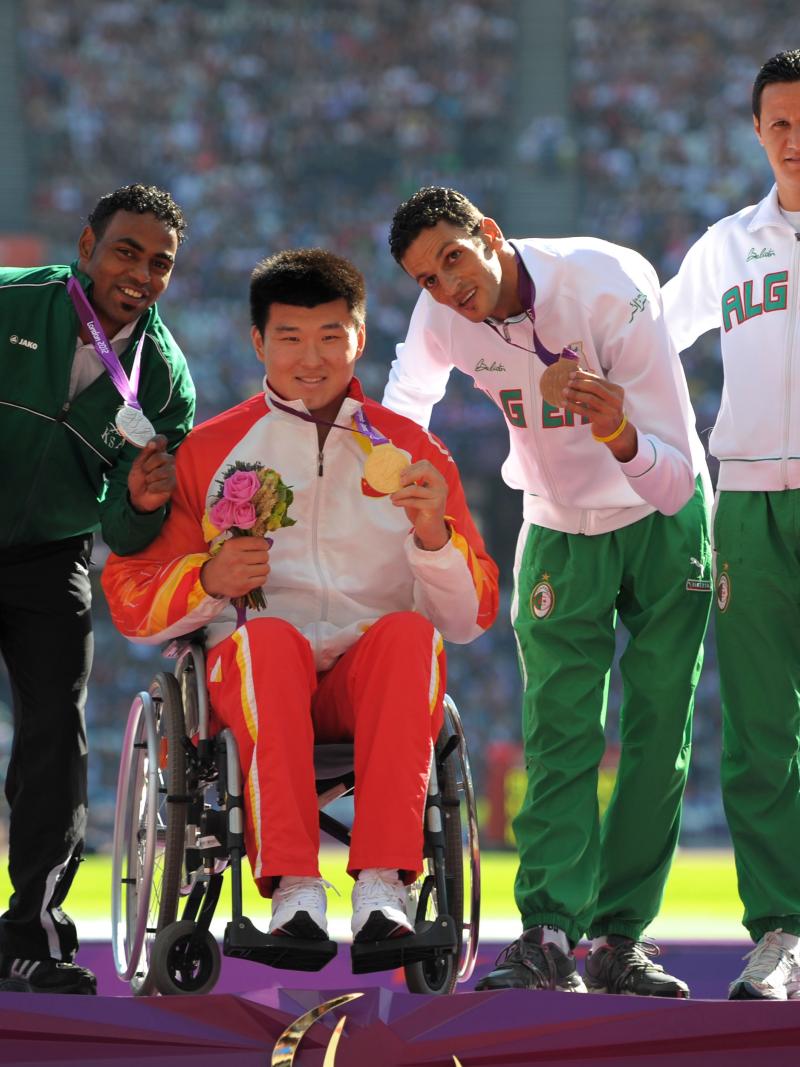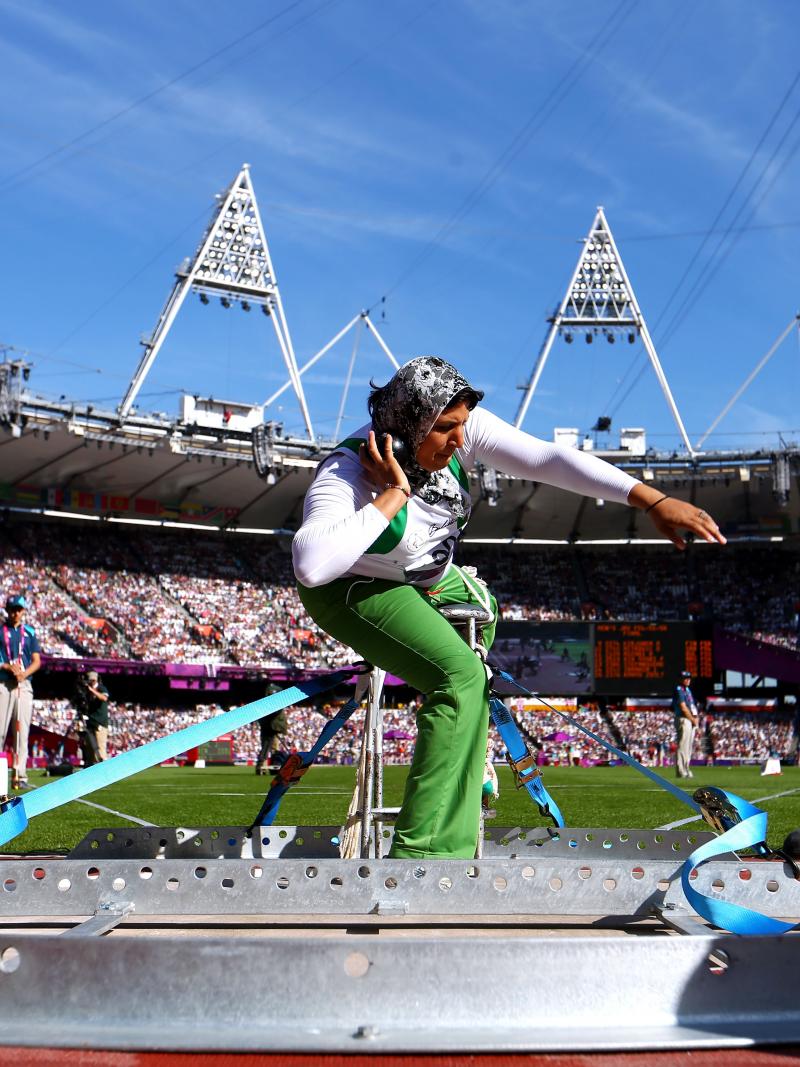Athletics education programme gathers pace
The latest training opportunity for classifiers and officials took place along the IPC Athletics Grand Prix in Tunis, Tunisia, supported by the Agitos Foundation. 28 Mar 2015
A total of 27 people took part in education courses for classifiers and Technical Officials in Tunis, Tunisia.
“It is undeniable that skills training in IPC Athletics - especially in countries that still lack experienced individuals - will be a great factor in the development of the sport.”
IPC Athletics’ education programmes continued last week (17-22 March) alongside the backdrop of the IPC Athletics Grand Prix in Tunis, Tunisia - the first time the programme has taken place in the North African country.
The Tunis National Classifier programme and Tunis National Technical Official programme took place with the help of the Agitos Foundation, providing valuable support to aid the development and growth of para-athletics particularly in developing nations such as Tunisia and its neighbouring countries.
Seven participants from Tunisia, Saudi Arabia and Morocco took part in the National Classifier programme, whilst over 20 individuals enrolled in the three-day long National Technical Official programme, set-up to further improve and enhance the organisation and smooth running of meetings such as the Tunis Grand Prix, already an established fixture on the Tunisian para-athletics calendar.
International Classifier and Classifier educator Halim Jebali believes the courses were vital for the development of IPC Athletics.
“It is undeniable that skills training in IPC Athletics - especially in countries that still lack experienced individuals - will be a great factor in the development of the sport,” Jebali explained.
“The Grand Prix meeting in Tunis is one of the few meetings held in Africa and so the training of classifiers at this event is a prime opportunity to train athletics classifiers for the whole continent, particularly in French-speaking areas.”
Now with a number of additional national classifiers available to use their skills within Tunisia, para-athletics within the country continues to strengthen.
Similarly, it is hoped the results of the programmes will prove invaluable to local clubs and coaches who can provide training and set specific goals in the knowledge that athletes have been correctly classified.
Jebali also believes the benefits will be far-reaching, with a number of national classifiers able to gain significant experience in order to progress as international classifiers.
“This type of training course will help IPC Athletics classification by increasing the skills in all continents - and especially in Africa. I believe this in turn will help attract more athletes to Paralympic sport as well as improve performance levels,” added Jebali.
The next IPC Athletics education programme is already underway, this time in Ecuador, with more than a dozen further courses planned to take place around the world throughout 2015.
The Agitos Foundation is the development arm of the International Paralympic Committee and aims to support the global progress of para-sport from a grass-roots to high performance level.

 Facebook
Facebook
 Instagram
Instagram
 Twitter
Twitter
 Youtube
Youtube



